Diagnóstico y referimientos de casos con necesidades especiales enviados a un Departamento de Orientación
| Issue | Vol. 7 Núm. 2 (1982): Ciencia y Sociedad |
| DOI | |
| Publicado | dic. 1, 1982 |
|
Estadísticas |
Resumen
Este artículo pretende analizar la esencia del diagnóstico y referimiento de casos con necesidades especiales enviados a un departamento de orientación de niños con problemas de aprendizaje. El término "personas con necesidades especiales" agrupa a diferentes tipos de personas con distinto grado de problemática. Con frecuencia, el término utilizado para designar estos grupos ha sido el de "excepcional”, "desviado" o "atípico". Estos términos tienen un matiz negativo o son poco operacionales en su uso. Por lo que el término más adecuado es “personas con necesidades especiales”.
Connor, F. P. "The education of children with crippling and chronic medical conditions". En: Cruickshand, W. M. y Johnson, G. O. (Eds.) Education of exceptional children and youth (3ra. Ed.). Englewood Cliffs, N. J.: Prentice Hall, 1975.
Cruickshank, V. M. "The development of education for exceptional children". En: Cruickshand, W. M. y Johnson, G. O. (Eds.) Education of exceptional children and youth (3ra. Ed.). Englewood Cliffs, N. J.: Prentice Hall, 1975.
Cummings, S. T. y Finger, D. C. "Emotional disorder". En: Rie, H. E. y Rie, E. E. (Eds.) Handbook of minimal brain dysfunctions: a critical view. New York: Wiley, 1980.
Denckla, M. B. "Childhood learning disabilities". En: Heilman, K. M. y Valenstein, E. (Eds.) Clinical neuropsychology. New York: Oxford University Press, 1979.
Farray, R. Estudio comparativo entre el niño deambulante y el niño con escolaridad. En: "Programa Ayúdame a Ser Niño". Seminario sobre la aplicación de un modelo ecológico- integral de asistencia al niño marginado. Santo Domingo: CONANI, 1980.
Herrera, J. A. "Relaciones significativas entre las características más relevantes del niño marginado deambulante". En: "Programa Ayúdame a Ser Niño". Seminario sobre la aplicación de un modelo ecológico-integral de asistencia al niño marginado. Santo Domingo: CONANI, 1980.
Kinsbourne, M. y Caplan, P. J. Children's learning and attention problems. Boston: Little, Brown and Co., 1979.
Kinsbourne, M. y Swanson, J. M. "Models of hyperactivity". En: Trites, R. L. (Eds.) Hyperactivity in children: etiology, measurement and treatment implications. Baltimore: University Park Press, 1979.
Kirk, S. A., Kliebhan, J. M. y Lerner, J. W. Teaching reading to slow and disabled learners. Boston: Houghton-MiffIin, 1978.
Klove, H. y Hole, K. "The hyperkinetic syndrome: criteria for diagnosis". En: Trites, R. L. (Eds.) Hyperactivity in children: etiology, measurement and treatment implications. Baltimore: University Park Press, 1979.
Lerner, J. W. Children with learning disabilities; Theories, diagnosis, and teaching strategies (2nd. Ed.). Boston: Houghton-MiffIin, 1976.
Michigan Department of Education. State of Michigan General School Laws of 1973. State of Michigan: Legislative Service Bureau, 1973.
Public Law 94-142. Education of all handicapped children act of 1975. 94th Congress, November 29, 1975.
Quay, H. C. "Patterns of aggression, withdrawal and immaturity". En: Quay, H. C. y Werry, J. S. (Eds.) Psychopathological disorders of childhood. New York: Wiley, 1972.
Quay, H. C. y Werry, J. S. (Eds.) Psychopathological disorders of childhood. New York: Wiley, 1972.
Quay, H. C. y Werry, J. S. (Eds.) Psychopathological disorders of childhood (2nd. Ed.). New York: Wiley, 1979.
Robinson, H. B. y Robinson, N. M. The mentally retarded child: a psychological approach (2nd. Ed.). New York: McGraw-Hill, 1976.
Scholl, G. T. "The education of children with visual impairment". En: Cruickshank, W. M. y Johnson, G. O. (Eds.). Education of exceptional children and youth (3rd. Ed.). Englewood Cliffs, N. J.: Prentice Hall, 1975.
- Resumen visto - 1030 veces
- PDF descargado - 261 veces
Descargas
Licencia
Copyright
© Ciencia y Sociedad, 2017
Afiliaciones
María Consuelo Sahdalá
Instituto Tecnológico de Santo Domingo (INTEC)



